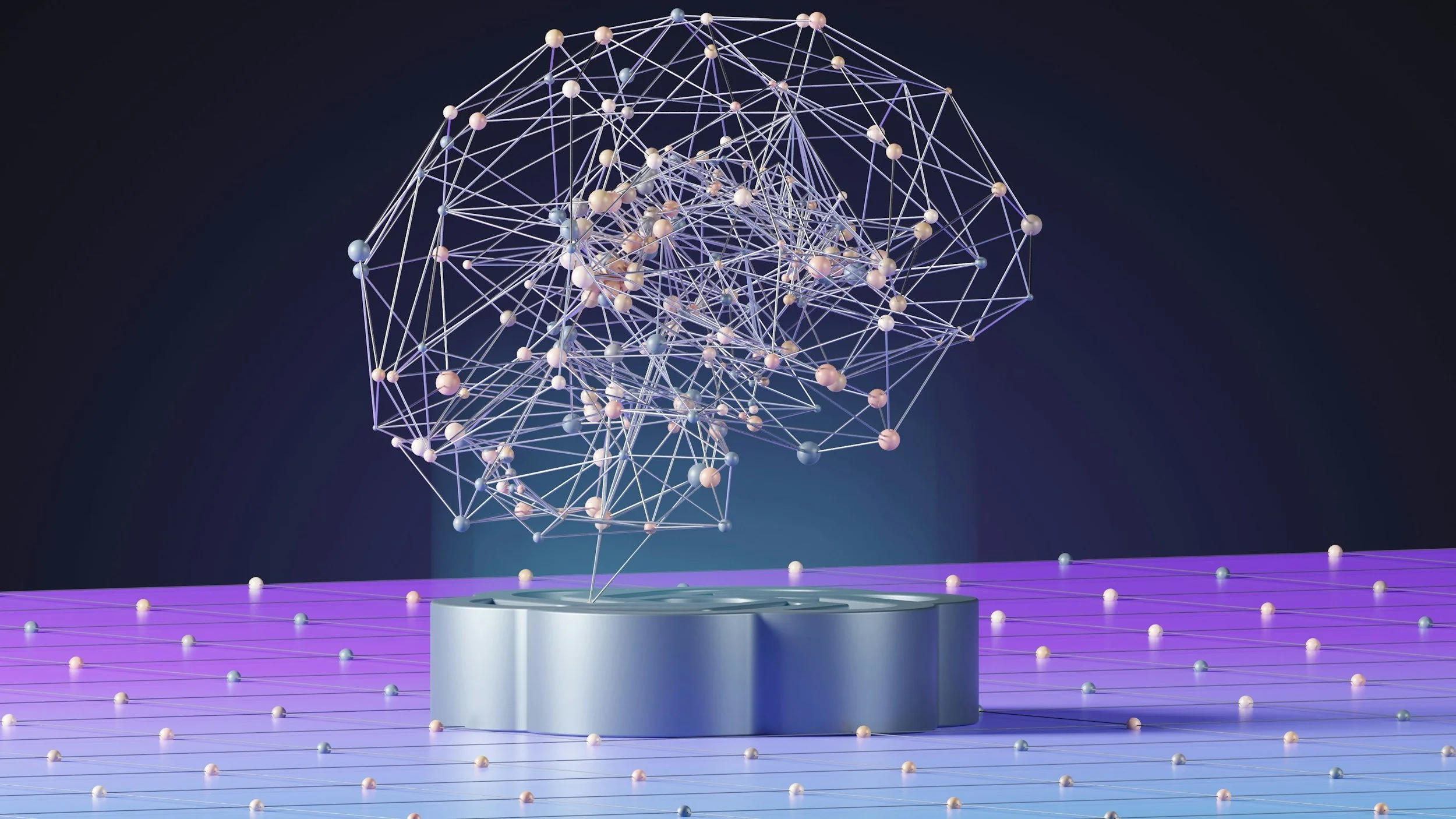Will AI Replace Data Jobs? The Real Impact on Analysts, Engineers, and Scientists
Artificial intelligence has exploded across industries, reshaping the way businesses use data. From generative AI tools like ChatGPT to predictive analytics platforms, many professionals are asking the same question: will AI replace data jobs? I’ve thought about this a lot, and my answer is no. Instead of eliminating roles, AI is redefining them. Data analysts, engineers, and scientists are not being replaced, they are being empowered, and their responsibilities are shifting toward higher-value work.
For data analysts, AI is transforming the way reports and insights are created. I’ve seen how analysts once spent much of their time cleaning datasets, building charts, and running basic statistical models. Now, AI tools can automate many of these repetitive steps, generating dashboards or predictive insights in seconds. This does not make analysts less important, it makes them more valuable. Freed from routine work, analysts can now focus on interpreting results, providing business context, and telling compelling data stories that drive decision-making. AI may answer what happened, but human analysts still explain why it matters.
Data engineers, often the backbone of modern analytics, are also seeing their roles enhanced rather than diminished. These professionals design and maintain the data pipelines that feed analytics and AI systems. While AI can automate parts of data ingestion, transformation, and error detection, it cannot replace the judgment needed to architect reliable, scalable infrastructures. From my perspective, engineers are now focusing more on cloud data strategy, governance, and machine learning operations, which manage AI in production. As organizations scale AI adoption, skilled engineers are more essential than ever to ensure data systems remain accurate, ethical, and efficient.
For data scientists, the rise of AI creates both questions and opportunities. Some wonder if AI tools that can build models on their own will eventually make the role obsolete. I do not believe that will happen. The truth is that AI accelerates parts of the workflow, like hyperparameter tuning or feature selection, but it does not replace the scientist’s strategic thinking. Data science is not just about building models, it is about defining the right problems to solve, testing hypotheses, and applying results to real-world challenges. AI helps scientists experiment faster and uncover patterns more efficiently, but only humans can interpret those findings in the context of business strategy and ethical responsibility.
The bigger picture is clear: AI automates tasks, not entire jobs. Analysts are moving toward storytelling and decision-making, engineers are evolving into system architects and AI enablers, and scientists are becoming strategists and innovators. I see AI as a collaborator, not a competitor, reducing repetitive work and amplifying human impact rather than replacing it.
In the end, AI is not getting rid of data jobs, it is reshaping them into more impactful, future-focused careers. Data analysts, engineers, and scientists who embrace AI will find themselves with greater opportunities to influence strategy, design smarter systems, and solve complex problems. I believe the future belongs to data professionals who treat AI not as a rival but as a tool to enhance performance and creativity, ensuring that human judgment and business acumen remain at the core of data-driven decision-making.


